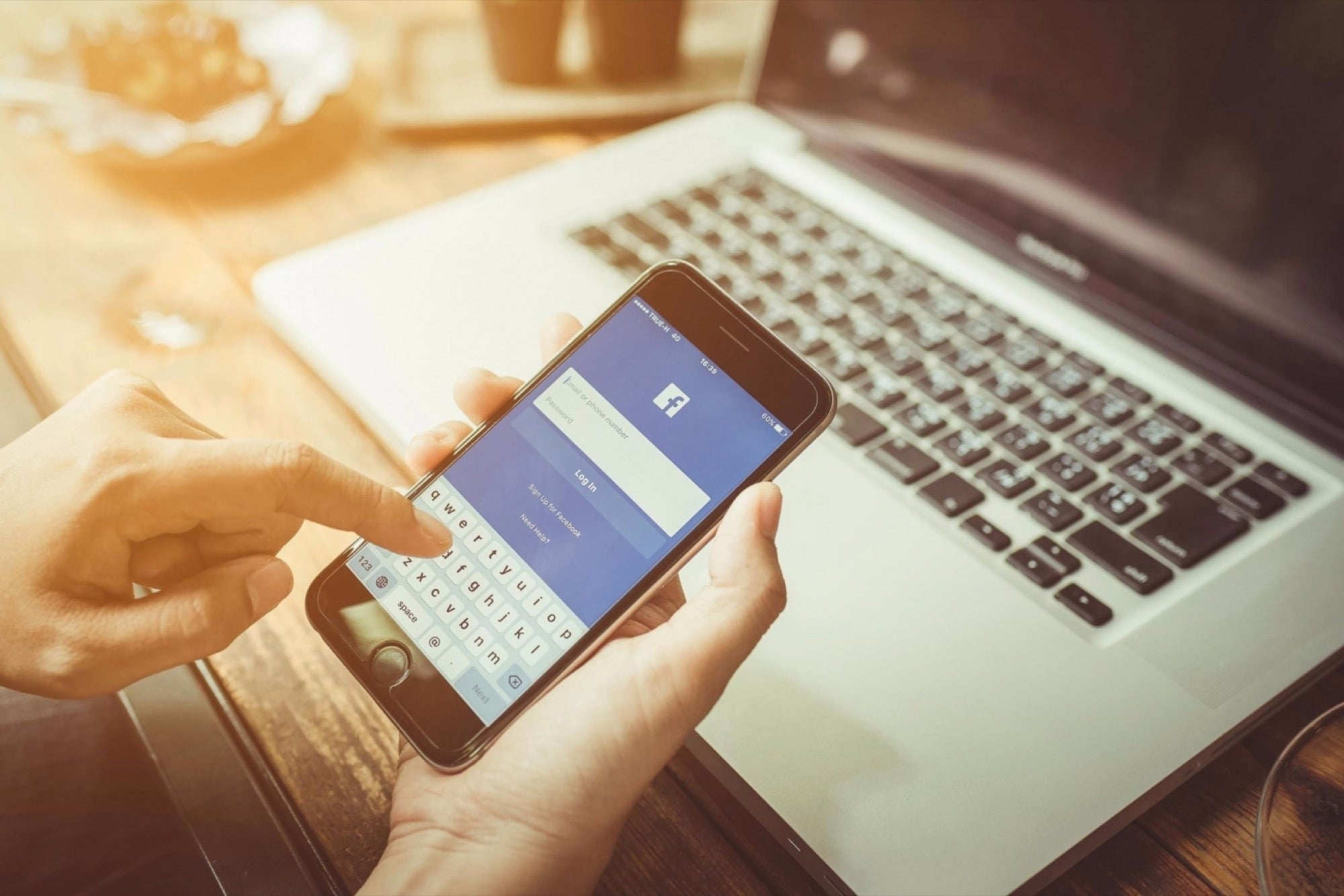New Study Reveals That Using Facebook Diminishes Your Well-Being Nothing beats an in-person social connection.
By Rose Leadem
Opinions expressed by Entrepreneur contributors are their own.

In general, social interaction helps people create and foster relationships. Although, as social networks have expanded over the past decade, their downsides have become apparent. Connecting virtually can lead to a decline in face-to-face relationships and meaningful activities, a sedentary lifestyle, internet addiction and low self-esteem.
Related: 12 Ways to Stop Undermining Your Self Esteem
The average Facebook user spends almost an hour on the platform every day, and a recent Deloitte study revealed that the first thing many smartphone owners do when they wake up is open their social media apps.
A study co-authored by researchers from Yale University and the University of California, San Diego, uncovered how Facebook use influences a person's well-being. Analyzing data from 5,208 adults over a two-year period, the researchers found that the average Facebook user's well-being over declined time.
Over the two-year period, the researchers collected data in three waves. Each time, they measured a person's well-being -- based on factors such as life satisfaction, self-reported mental and physical health and body mass index. They compared that data to each person's Facebook usage, taking note of when respondents liked others' posts, created posts and clicked on links.
Also, to help paint a picture of a respondent's real-world (not online) social network and compare it to that person's Facebook usage, the researchers asked respondents to name up to four friends with whom they discuss important topics and up to four friends with whom they spend their free time.
Related: 15 Signs You Need a Social-Media Cleanse
Nothing beats an in-person social relationship, the researchers found. Real-world relationships were positively associated with a person's overall well-being, while Facebook interactions were negatively associated with overall well-being. And, while the researchers expected the action of liking others' Facebook posts to have the strongest negative impact on one's well-being (because it initiates social comparison), they found that all three actions (clicking on links, liking others' content and creating posts) were similarly associated with diminished well-being.
Overall, the co-authors found that the decline of one's well-being is a product of not just the quality of their social media interactions, but the quantity of them (time spent on them) as well.
Social networking companies have recognized the opportunity for them to foster valuable, healthy, offline connections. Facebook founder Mark Zuckerberg published a letter in February 2017 describing his vision for Facebook as a platform that builds real-life support systems. Tinder has recently developed new products within its app to encourage users to meet in person.
Related: The More You're on Social Media, the More Isolated You Feel
"While screen time in general can be problematic, the tricky thing about social media is that while we are using it, we get the impression that we are engaging in meaningful social interaction," co-authors Holly B. Shakya and Nicholas A. Christakis write in Harvard Business Review. "Our results suggest that the nature and quality of this sort of connection is no substitute for the real world interaction we need for a healthy life."












